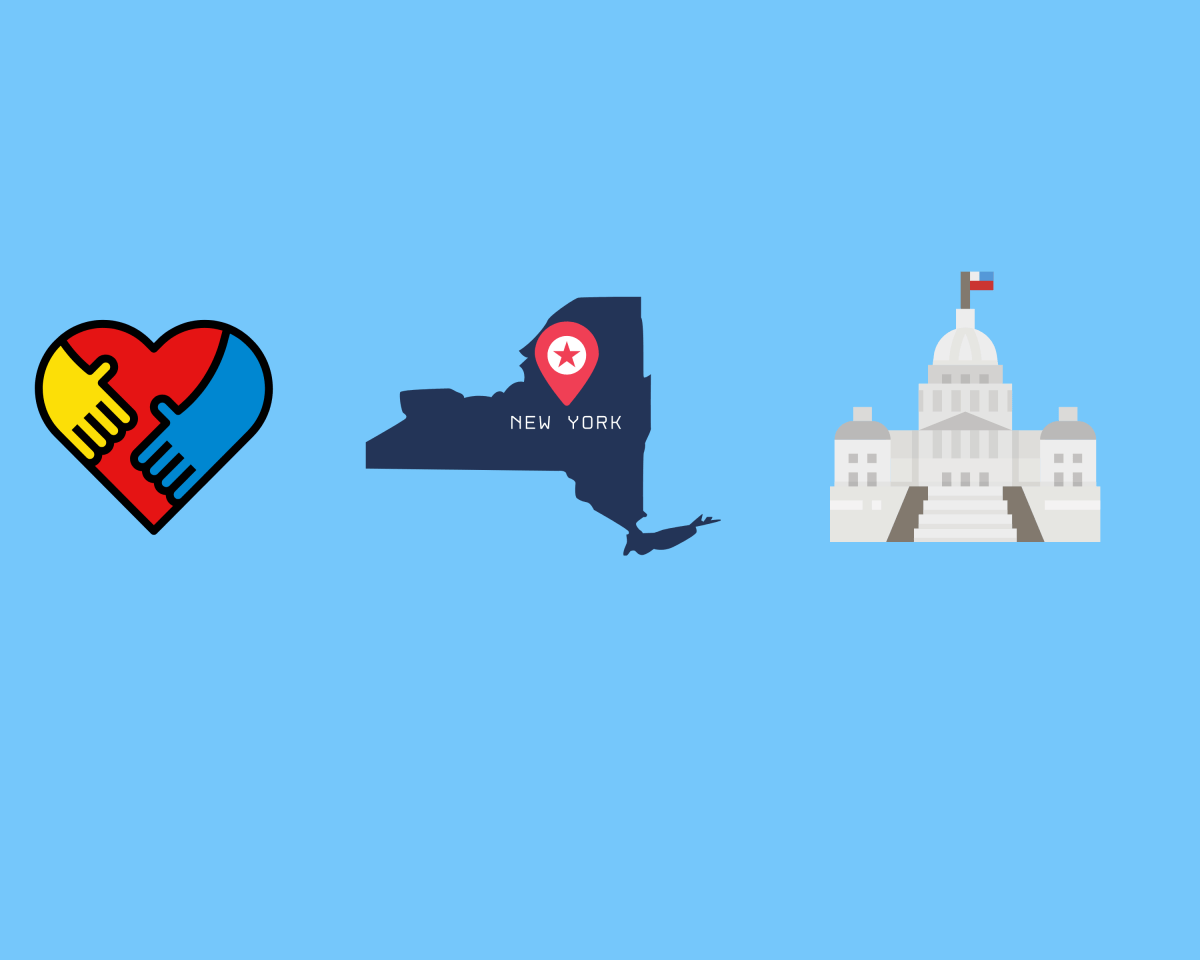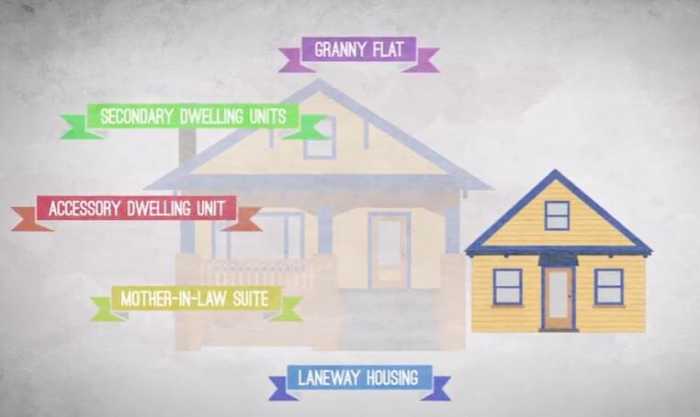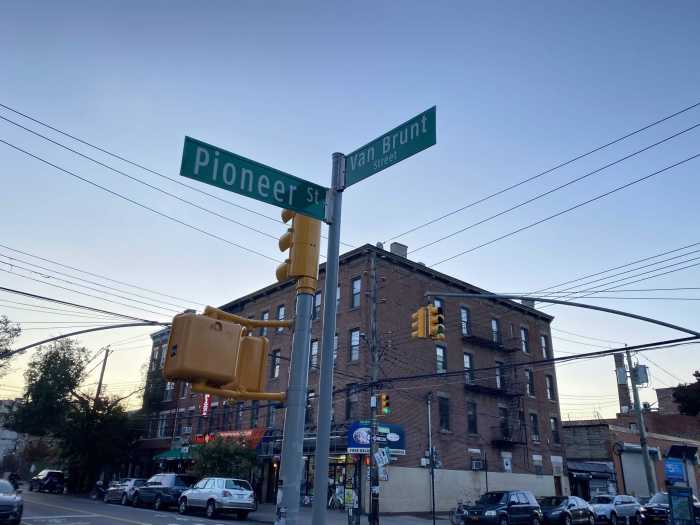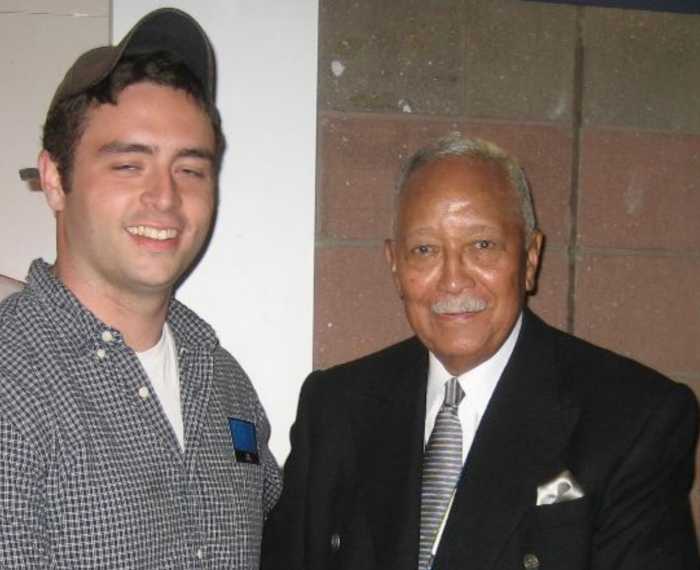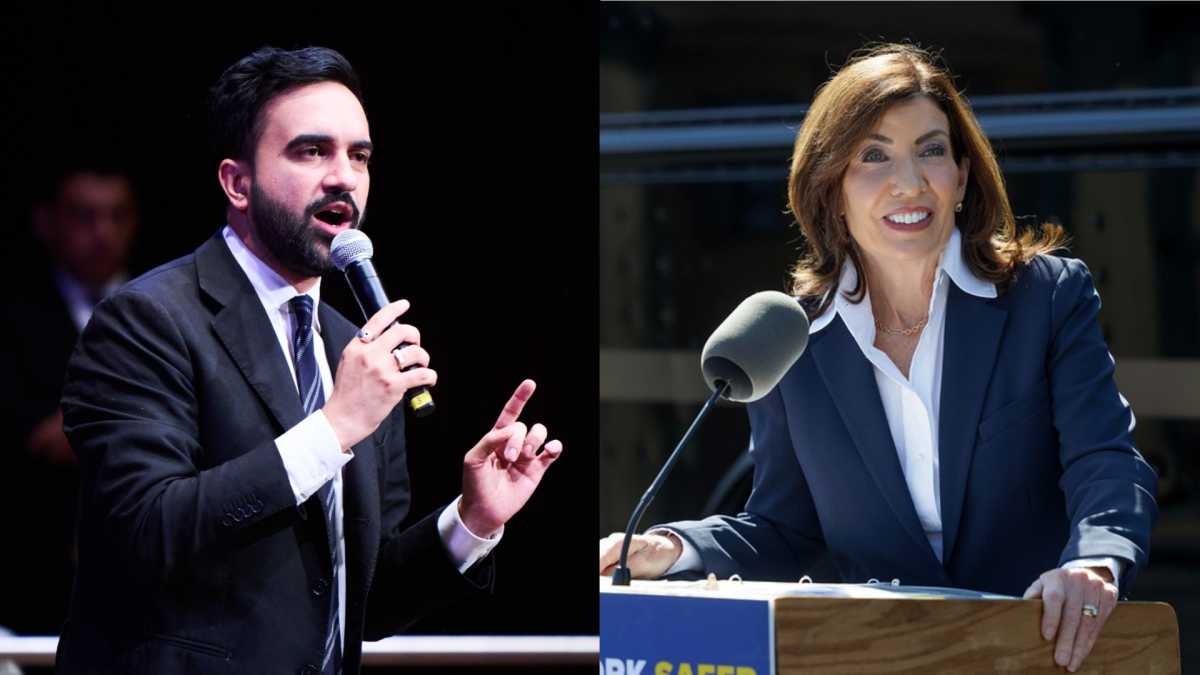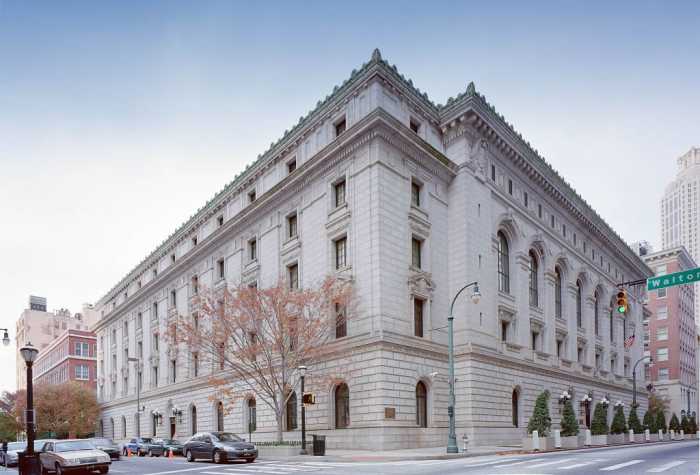There’s a saying, “Take care of the pennies, and the dollars will take care of themselves.” When applied broadly, or as an idiom, it amounts to a belief that if you pay attention to small details (pennies), the bigger picture (dollars) issues will follow as a matter of course. There are some aspects of life in which this holds true. However, one area in which it most definitely does not is public policy and politics.
If elected officials take care of policy (implementing/advocating for popular policy), the politics (winning elections) will NOT take care of themselves. There are various reasons for this, but the bottom line is people don’t necessarily know who their benefactor is.
This applies to matters national and local. Take, for instance, Barack Obama’s 2010 $116 billion tax cut. This tax cut was given by way of a payroll tax cut and made nearly every working American’s take-home pay go up. With that, working people who needed an immediate infusion of pay began the consumer spending leading to a multiplier effect, thus stimulating the economy and helped bring the country back from the massive recession. That’s good policy.
But did people connect all the dots — Nope. Only 15 percent percent of Americans knew they had received a tax cut, while almost 30 percent percent thought President Obama had actually raised their taxes. These perceptions would probably have been different if people had received rebate checks as they had under George W Bush. Just think about how much attention has been given to stimulus checks. and how the politics worked out? The Democrats were defeated by historic margins up and down the ballot.
On a more local level, in New York State, we’ve got a model of the inverse. Gov. Andrew Cuomo oversaw the second most COVID-19 deaths (including nursing homes) of any state, all the while dismissing public health experts, slow-walked shutdowns, shut subways, and other policy matters that could be its own dedicated column. This was, in a very clear way, the result of bad policy.
However, the governor went on TV every afternoon and told people he was doing a great job. Some night’s he went on his brother’s show and discussed what a great job he was doing and after that even managed to write, or at least dictate to a ghostwriter, a book about the great job he did. Throughout this time, his bad policy did not “take care” of or determine politics. Cuomo’s approval ratings defied gravity.
So what’s my point? The point is that people may not like “politics,” but they like to think they have a government that works for them, even more so when it does work for them.
So as the Biden Administration, with Democratic majorities in Congress, look to implement policies that will get us through the pandemic, reduce unemployment, and more, they have to make sure voters know who is responsible. If not, 2022 could see a replay of the 2010 “shellacking.”
In Albany, the Democrats, who won a supermajority in both houses, should use it to make sure that we don’t see cuts to education, public transportation, and many other progressive and popular policy matters such as the Invest in Our New York Act. But they’ve also got to let people know so that we don’t quickly revert to New York State’s norm, which has been Republicans in control of the State Senate.
I wish this weren’t the case and that good policy always spoke for itself and the true state of affairs was apparent. However, there is a chance that policy can, or will one day, take care of the politics, because the day before I wrote this, a poll indicated that Gov. Cuomo’s approval rating dropped below 50 percent. Only 36 percent want to see him re-elected.


